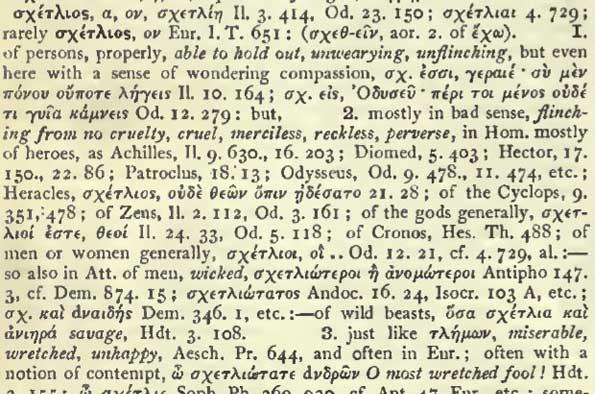
The Referentiality of σχέτλιος in Archaic Greek Epic (Jordan Maly-Preuss, University of Oxford)
Add this event to my calendar
Click on "Create a calendar file" and your browser will download a .ics file for this event.
Microsoft Outlook: Download the file, double-click it to open it in Outlook, then click on "Save & Close" to save it to your calendar. If that doesn't work go into Outlook, click on the File tab, then on Open & Export, then Open Calendar. Select your .ics file then click on "Save & Close".
Google Calendar: download the file, then go into your calendar. On the left where it says "Other calendars" click on the arrow icon and then click on Import calendar. Click on Browse and select the .ics file, then click on Import.
Apple Calendar: The file may open automatically with an option to save it to your calendar. If not, download the file, then you can either drag it to Calendar or import the file by going to File >Import > Import and choosing the .ics file.
I consider the full complement of σχέτλιος instances within archaic epos, examining the epithet with respect to its social dynamics, usage contexts, and the patterning of argumentation in surrounding passages, to achieve two goals – a better understanding of σχέτλιος and a demonstration of the variation possible within the traditional system of epic referentiality. We will see that poets were fully able to turn σχέτλιος to the purposes of their individual narratives while preserving its core reference, ‘resistant’.
This event is part of the Work in Progress Seminar Series.
